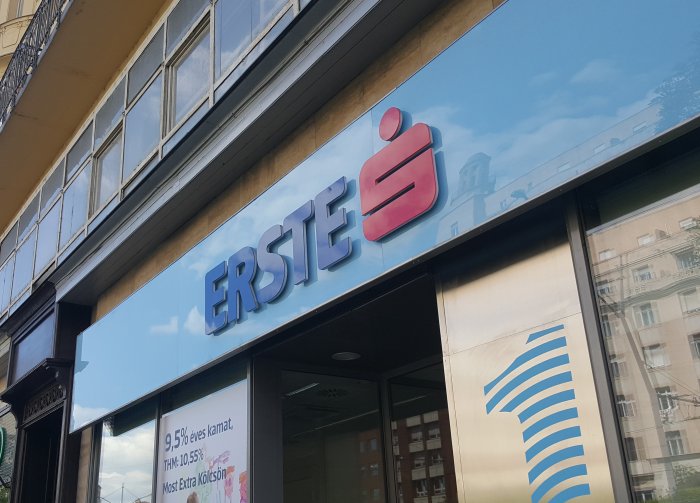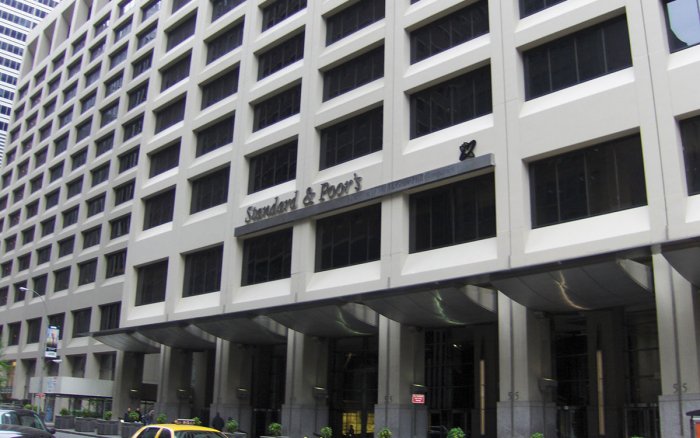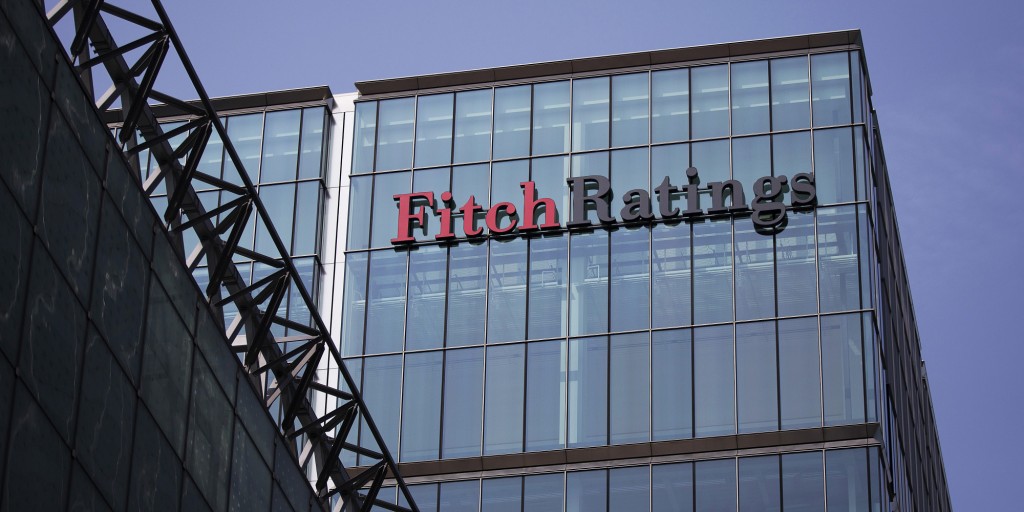Fitch rates EBH's preferred notes 'BBB+(EXP)'

Fitch Ratings has assigned Erste Bank Hungary Zrt.'s upcoming senior preferred (SP) bonds a "BBB+(EXP)" expected long-term rating, the rating agency tells the Budapest Business Journal.
The upcoming SP issue is expected to be a euro-denominated bond with a call option. The planned issue size is EUR 350 million.
According to Fitch, EBH's SP debt is rated in line with the bank's Long-Term Issuer Default Rating (IDR), reflecting average recovery prospects of the bank's SP debt. This reflects the agency's expectations that EBH's resolution buffers under minimum requirement for own funds and eligible liabilities (MREL) will comprise both SP and junior debt instruments as well as equity.
Fitch typically rates long-term SP debt in line with the Long-Term IDR, where Fitch expects an issuer to use SP debt to meet its MREL requirement and if senior non-preferred (SNP) and more junior debt securities are not expected to sustainably exceed 10% of risk-weighted assets (RWA). The agency does not expect that EBH's SNP and more junior debt securities will exceed 10% of RWAs because of the moderate subordination requirement imposed on the bank.
On October 11, 2021, the National Bank of Hungary notified EBH about its MREL requirements. EBH must comply with an MREL requirement equivalent to 24.42% of the Hungarian resolution group's end-2019 total risk exposure amount (TREA), with the first interim requirement of 19% effective from January 2022. In addition, a subordination requirement of 13.5% of TREA from January 2022 was set, thereby specifying the total MREL requirement that must be met with common equity Tier 1 (CET1), additional Tier 1 (AT1), Tier 2, and SNP debt.
EBH's IDRs are based on potential support available from, which holds a 70% stake in the bank. In Fitch's view, the parent would have a high propensity to support its Hungarian subsidiary because of the high strategic importance of the CEE region for Erste.
Fitch continues to cap Hungarian banks' Long-Term IDRs at one notch above the sovereign rating (BBB/Stable) to reflect the country risks they face, in particular the record of state interference in the banking system. In case of a sovereign default, these risks could limit the ability of banks to service their debt or their parents' propensity to continue providing support, or both.
EBH would be rated one notch lower than its parent's IDR if not for the country-risk constraints, Fitch says.
SUPPORT THE BUDAPEST BUSINESS JOURNAL
Producing journalism that is worthy of the name is a costly business. For 27 years, the publishers, editors and reporters of the Budapest Business Journal have striven to bring you business news that works, information that you can trust, that is factual, accurate and presented without fear or favor.
Newspaper organizations across the globe have struggled to find a business model that allows them to continue to excel, without compromising their ability to perform. Most recently, some have experimented with the idea of involving their most important stakeholders, their readers.
We would like to offer that same opportunity to our readers. We would like to invite you to help us deliver the quality business journalism you require. Hit our Support the BBJ button and you can choose the how much and how often you send us your contributions.










